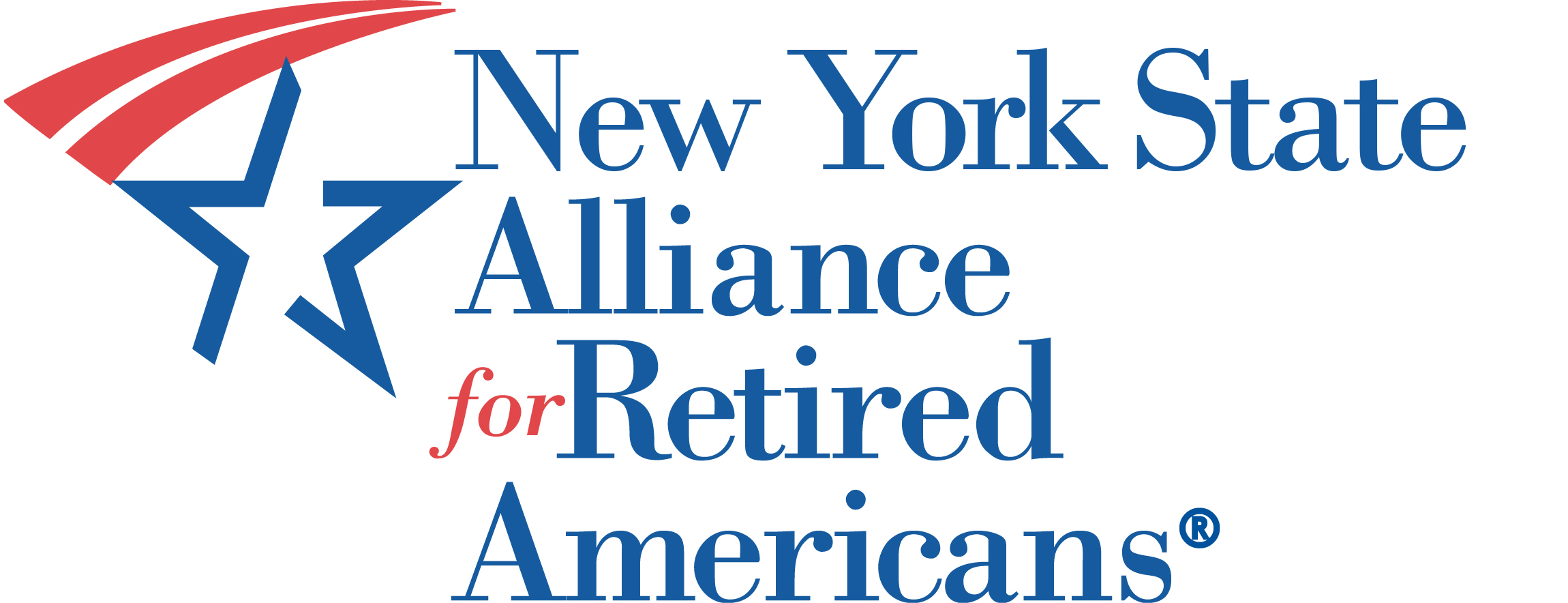June 14, 2021
2021 NYS Legislative Session Happenings and Determining NYSARA Legislative Priorities for 2022
| In a year where COVID 19 was a major thrust of both the budget and the legislative session after budget considerations were addressed, the NYS legislature actively made strides on Senior issues and one issue that has been a NYSARA priority for at least 5 years. The legislature made some progress toward Safe patient staffing. While not completely addressing the entire issue the legislature and Governor made strides in solving the health care problem of overworked nurses in New York State.
After decades of debate, New York’s lawmakers have approved a pair of measures to improve patient staffing in hospitals and nursing facilities. The measures passed with strong bipartisan support in both houses of the legislature (125 to 25 in the Assembly and 52 to 9 in the Senate). The bill, which now awaits the Governor’s signature and states that each nursing home facility resident must receive a certain level of staffing care – and includes penalties for non-compliance. There are currently no minimums for staffing or hours of patient care. This legislation, which will now head to Gov. Andrew Cuomo’s desk, was revised significantly from earlier versions of the Safe Staffing for Quality Care Act. If not signed by the Governor the margin of passage would indicate a veto proof majority. Lawmakers also passed a separate staffing bill for hospitals, mandating they create committees to decide the right staffing ratios for their particular hospital. The staffing bill for nursing homes is more strict, saying every nursing home resident must receive at least 3.5 hours of care each day, including at least 2.2 hours from a certified nursing assistant and at least 1.1 hours from a licensed nurse. Labor organizations, including the New York State Nurses Association, CWA and SEIU 1199, had positive response to the actions as an important steps forward. Other advocacy groups indicated stronger standards and penalties for non-compliance are still needed, particularly for nursing facilities. NYSARA has long supported legislation to improve staffing levels in health care facilities and quality of care. The legislation would provide different mechanisms for establishing appropriate standards for Hospitals and Nursing Facilities. The processes will involve state standards, oversight and Labor-Management collaboration. The legislation also establishes a nine-member independent advisory committee charged with evaluating staffing standards and reporting back to lawmakers with additional recommendations by Oct. 31, 2024. The other issue that was addressed in the 2021-22 budget was a bill designed to reduce financial exploitation of seniors by allowing banks to hold transactions they deem suspicious. “Seniors are at a much greater risk of being victims of financial exploitation, and this legislation will create new measures that allow banks to better safeguard their hard earned savings, Governor Cuomo said. “These reforms will help protect some of our most vulnerable New Yorkers from financial exploitation and will take one more step toward a stronger, fairer and more just Empire State for all”. While the number and scope of bills passed was not huge, some progress was made outside the scope of COVID bills that protected Seniors. NYSARA is beginning the process of determining our NYS Legislative processes for 2022. Some of the items that State Affiliates have mentioned should be considered are COLA pension reform both on amount and the way pension recipients file, completing the Safe staffing legislation, protecting against Medicaid cuts and repealing the Medicaid cap, maintaining retiree health insurance premiums at the contribution level at the time of retirement, changing workers compensation to protect essential workers from disabilities coming from exposure at work from the pandemic as well as supporting some compensation or tax break for those person that serve as caregivers. While not all State affiliates have responded to their top two priorities for their seniors/retirees we expect to get more input in the near future and have our legislative priorities for 2022 defined. |
